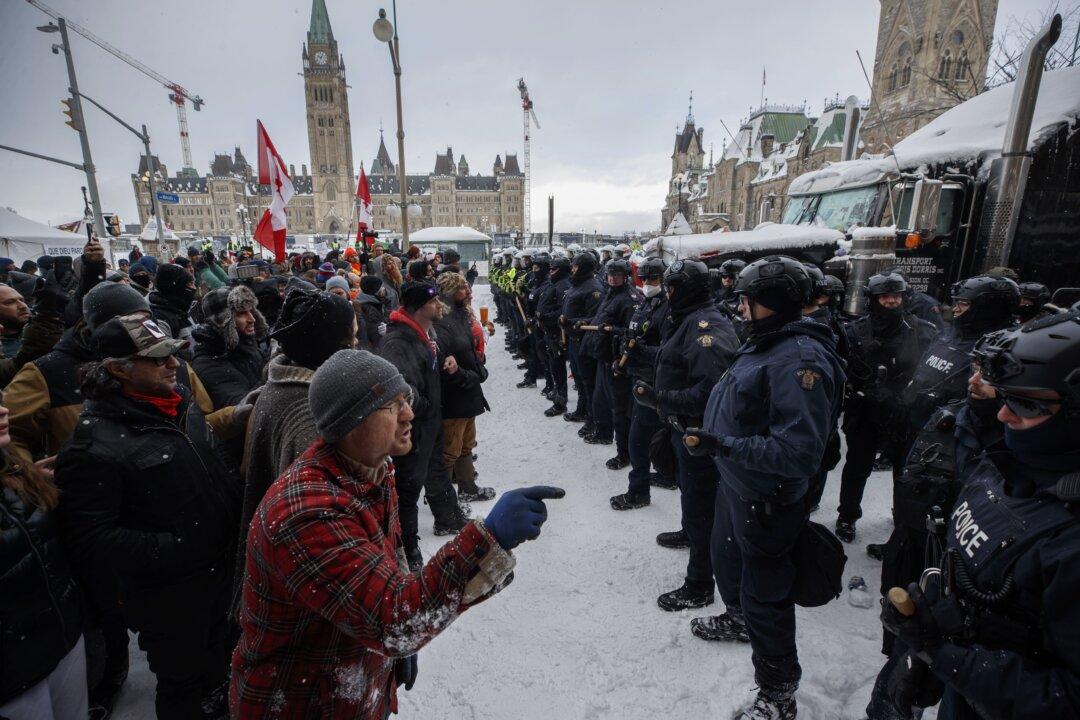A special joint parliamentary committee has voted to block the release of uncensored documents that detail the federal government’s rationale for invoking the Emergencies Act against the Freedom Convoy.
Sponsored by Bloc Québécois MP Rhéal Fortin, the motion that federal agencies “be required to provide the committee with unredacted versions of those documents” was defeated in a 6–5 vote, with Liberal MPs and Liberal-appointed senators voting against it on the night of Oct. 20.





